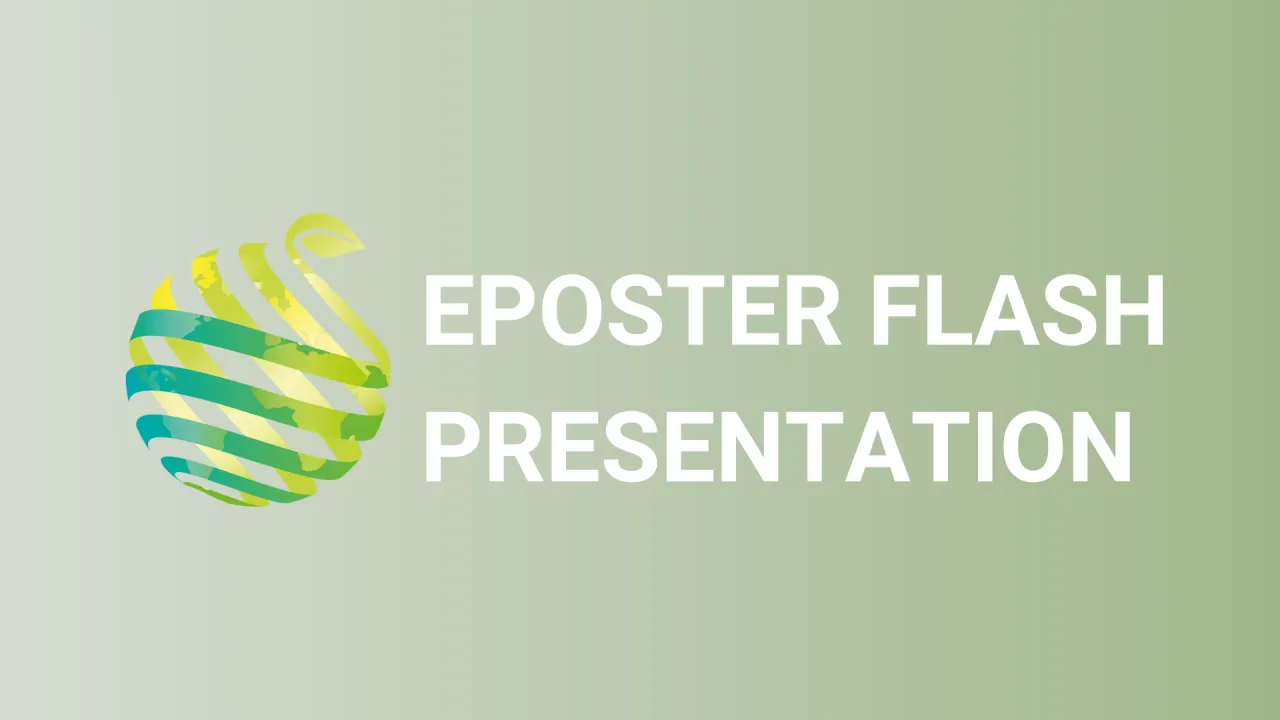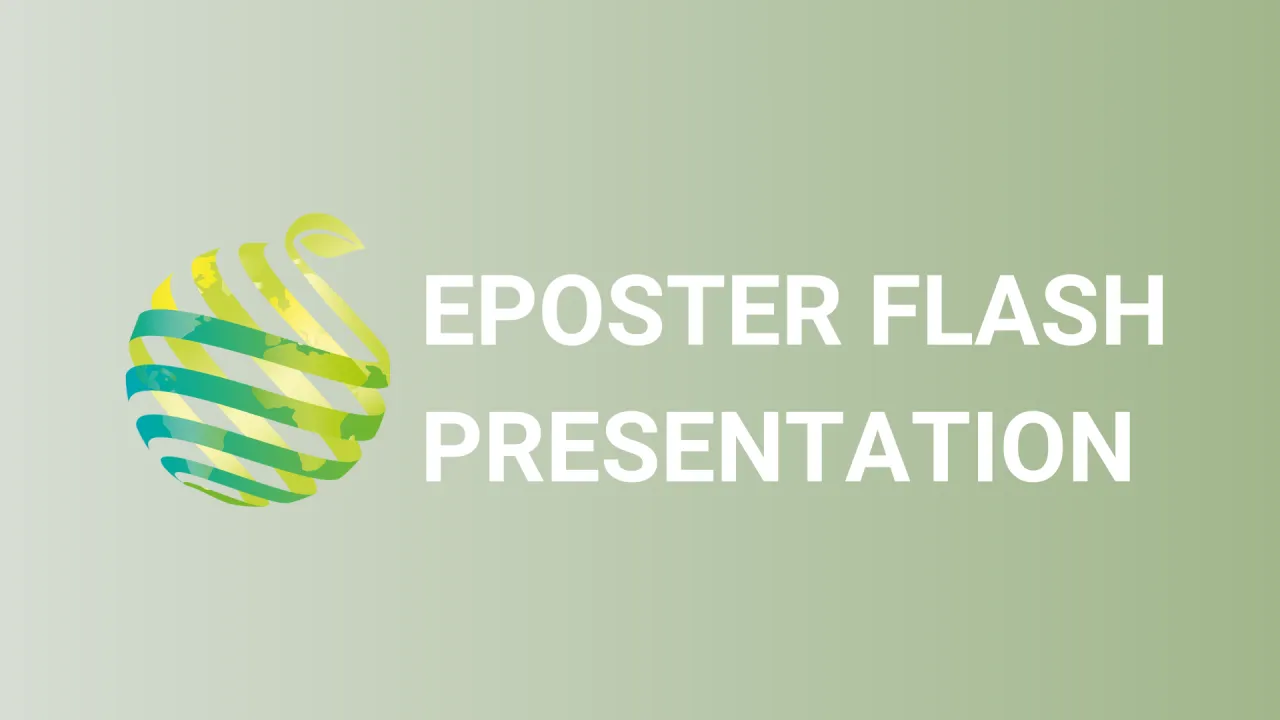

S05 - Session P5 - Elucidation of functional genes controlling auxin action in petunia cuttings: Temporal and spatial analysis of gene expression via a phytohormone-targeted microarray
Information
Authors: Ivona Jurenic *, Sindy Chamas, Nicole Nagler, Uwe Druege
Petunia hybrida is economically important and many cultivars are propagated vegetatively. Exploiting the sequenced genomes of the parental lines P. axillaris and P. integrifolia , we use petunia as a model to study the molecular control of adventitious root (AR) formation in shoot tip cuttings. Under standard conditions (temperature: 22/20°C, light period: 7:00 - 17:00, PAR: 100 µmol m -2 s -1 ) the intensity of AR formation is higher in P. inflata compared to P. axillaris . Though the important role of auxin for AR induction is well established, the endogenous control of auxin action in response to cutting excision is far from being understood. Aiming at the identification of candidate genes that putatively control auxin-dependent AR formation in cuttings, we compared the two species. Thereby we analysed the dynamic of gene expression of auxin-related genes in the stem base as zone of root regeneration during AR induction and early AR initiation and also the systemic response in additional four upper cutting parts. To this end, we used a phytohormone-targeted microarray, that includes 617 sequences of auxin-related genes of both species. Genes that putatively control auxin biosynthesis showed almost no up-regulation, whereas the data of both species disclosed early up-regulation of genes in the stem base, that putatively control IAA-release from conjugates. The better rooter P. inflata showed a stronger up-regulation of genes that control polar auxin transport (PAT), auxin signalling and auxin-controlled cell differentiation in the stem base. The data indicate, that a stronger activation of the auxin transport machinery in P. inflata contributes to the better rooting, and highlight genes, which function will be analysed by CRISPR/Cas-based mutagenesis.